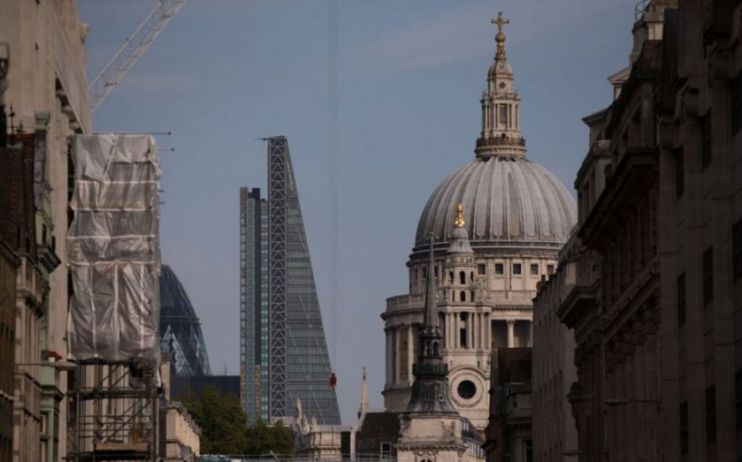City of London to ignite UK space boom, says science minister

Britain’s space boom could be supercharged by the City of London’s expertise and financial muscle, the minister responsible told City A.M. yesterday.
While the global space economy has spent the last 40 to 50 years recovering from a Cold War hangover, “We’re now in the hockey stick of a huge commercial space boom,” science, research and innovation secretary George Freeman said in an exclusive interview last night.
Freeman is looking to shape the UK into a leader in global space insurance, “harnessing London, Lloyds of London, the City of London – as a long-standing, world recognised centre for regulation, insurance and finance”, in what he has called a “big opportunity” for the country post-Brexit.
“We’re reliant on space now for so much for our everyday economy,” he said, citing navigation and communications as two of space’s major applications.
However, the insurance market is in “real trouble” over a lack of clear regulations, which Britain is hoping to change, he continued.
For some time, onlookers have called for a global framework of space regulations – which has grown into quite the chorus with the rate of satellites being launched into orbit by the likes of Elon Musk’s SpaceX.
Britain is looking to base an “industry-led but government backed” kitemark standard, for “sensible, appropriate, sustainable” space launch, out of the capital, according to Freeman, which he hopes will eventually become unilaterally applied across the globe.
That is how Britain, and London, will compete with global players China, Russia and the US, which currently dominate the space economy, he explained.
“Everyone in the industry has said: if we have that kitemark, then we’ll unlock a huge amount of insurance funding, financing and ESG money,” said Freeman.
“Tons of ESG funds have said they want to invest in good, clean space, not dirty military space.”
The so-called kitemark would ensure that space supply chains are net zero, firms are using the best rocket fuel available, and satellites are retrievable, to avoid adding to the growing amount of space debris looming above.
And with that framework in place, Britain can then unlock space insurance.
“As with the shipping in the 17th century and cars in the 20th, the key will be regulation which enforces good industry standards and reduces the cost of insurance and finance for a satellite launch… with London as a global capital of insurance and venture financing, we have an opportunity to use our historic role in space science to now harness responsible finance for sustainable space,” he said.